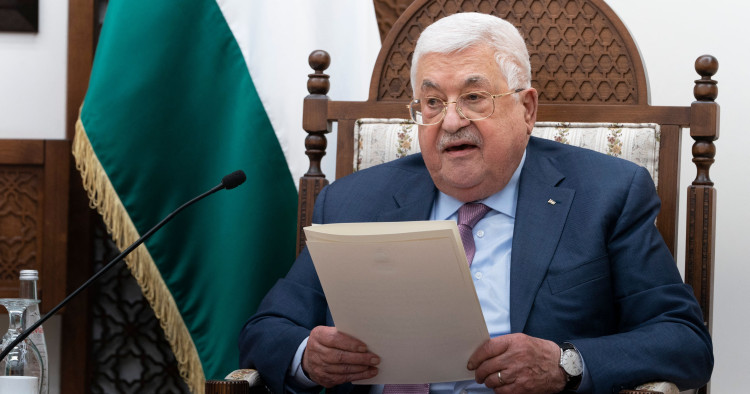For nearly two decades, Palestinian leadership has been fractured. Along with a basic division between Hamas in Gaza and the Palestinian Authority in the West Bank, numerous other groups have competed for influence. In late July, leaders of all 14 Palestinian political factions, including Fatah and Hamas, met in Beijing to issue a call for national unity. The agreement they signed, known as the Beijing Declaration, promised to create a consensus government presiding over both the Gaza Strip and the West Bank, to reform and expand the Palestine Liberation Organization (PLO), and to hold national elections.
Such proposals are not new and largely reiterate the principles set out in previous reconciliation accords. But they have taken on much greater urgency in light of Israel’s unprecedented war on Gaza. As of mid-August, the Israeli assault launched in response to the October 7 Hamas attack on Israel had killed more than 40,000 Palestinians—mostly women and children—forcibly displaced two million people, and reduced most of the territory to rubble. It has become the deadliest moment in Palestinian history and the most destructive episode in the century-old Israeli-Palestinian conflict. Amid this crisis, the Beijing Declaration provides a road map to a different Palestinian future, one with credible leadership and functioning political institutions that will be essential for the day after the war.
Continue reading in Foreign Affairs
The Middle East Institute (MEI) is an independent, non-partisan, non-for-profit, educational organization. It does not engage in advocacy and its scholars’ opinions are their own. MEI welcomes financial donations, but retains sole editorial control over its work and its publications reflect only the authors’ views. For a listing of MEI donors, please click here.













